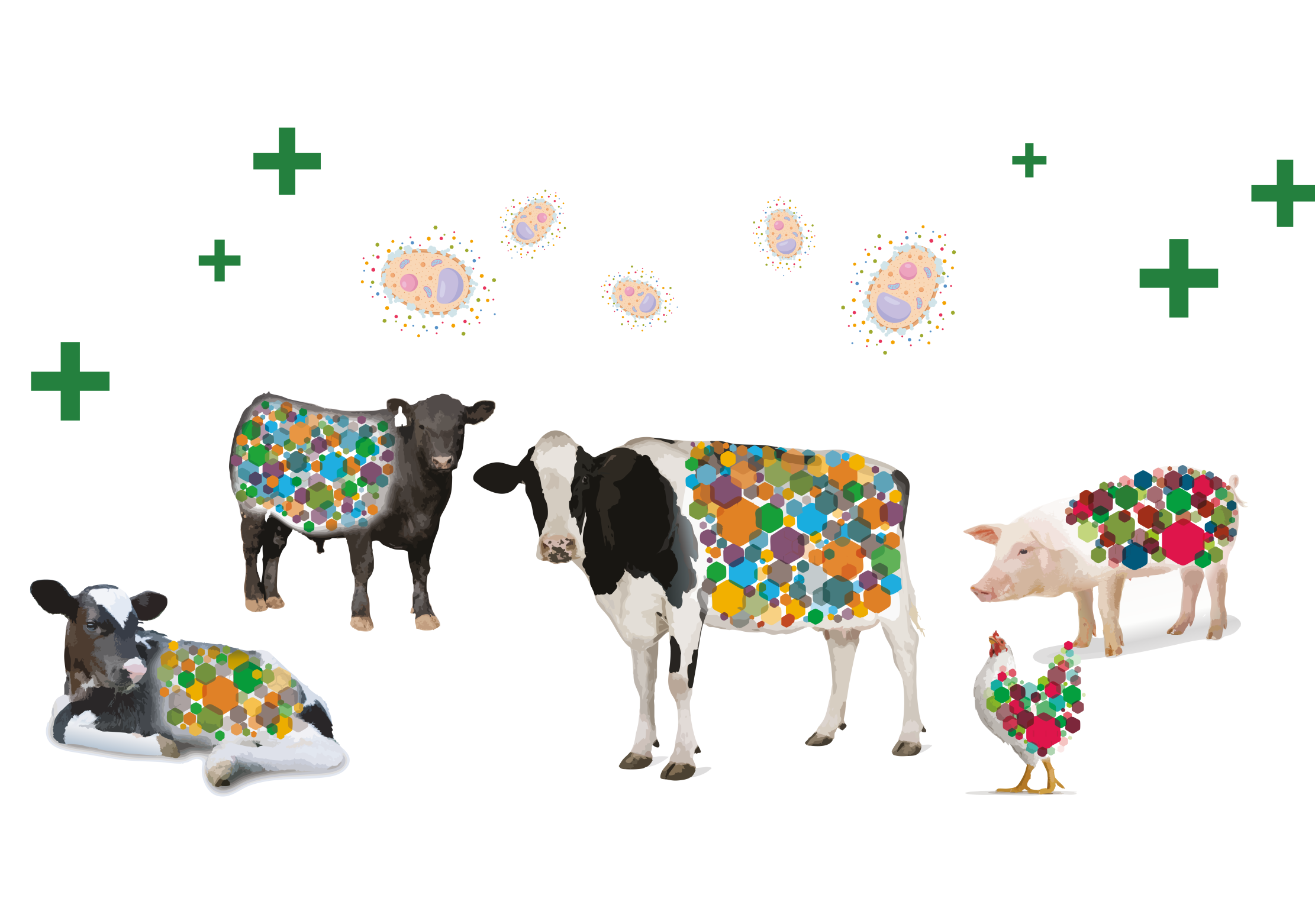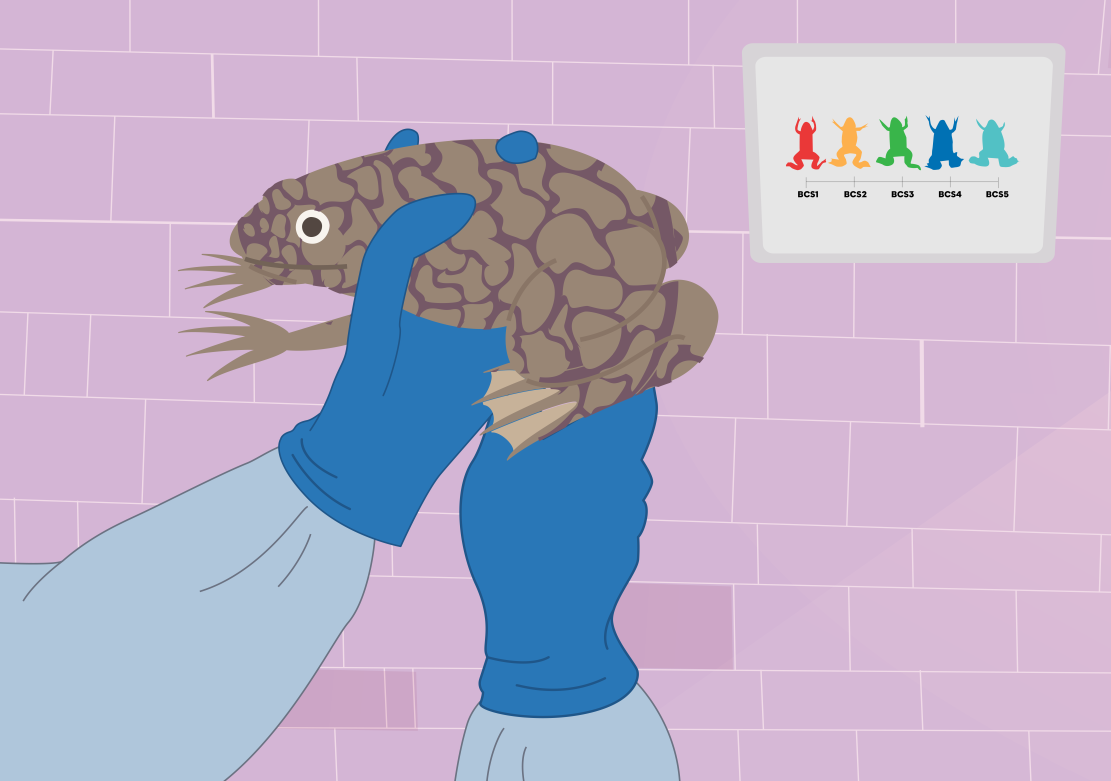If you have recently been diagnosed with ALK+ lung cancer, you likely have many questions. This short animation will discuss what ALK+ lung cancer is, common symptoms, and some commonly prescribed treatments. We will also include information for carers of those with ALK+ lung cancer and discuss the value of other forms of support, such as attending support groups, and making lifestyle choices that can help you to maintain physical and mental wellbeing. Read More
Most people with lung cancer have non-small cell lung cancer. A small percentage of these people test positive for ALK+ lung cancer. ALK+ lung cancer patients are more likely to be non-smokers and below the age of 50. This type of cancer is caused by a mutation in the ALK gene, which is involved in cell growth. The mutation changes the gene’s activity, which removes a signal that tells cells to stop growing, leading to uncontrolled growth and cancer.
Common symptoms of ALK+ lung cancer include chest pain, recurrent chest infections, a cough, shortness of breath, feeling tired and back pain.
ALK+ lung cancer is caused by an acquired mutation; it is not inherited and cannot be passed down to children.
Patients diagnosed at stages 1 to 3 are likely to be offered surgery, radiotherapy or chemotherapy with curative intent.
Most ALK+ patients are diagnosed at Stage 4 and are treated with oral drugs that work to shrink the tumours. These drugs are called Tyrosine Kinase Inhibitors – or ‘TKIs’. TKIs are not a cure, but for many patients they keep the cancer in check, often for many years.
Your doctor can advise you on the best treatment choices for your situation, and this will be influenced by your biopsy results, whether the cancer has spread to other locations, your physical health and your own preferences.
There are also lifestyle choices that you can make during your treatment to help maintain your physical and mental wellbeing. Maintaining physical activity can help to combat fatigue and can also help to boost your mood. Ensuring that you are eating enough food and eating mostly healthy foods can assist with maintaining your weight and increasing your energy levels.
Patient support groups are also a good place to share your experiences with other patients and obtain useful advice and information that can help to maintain your wellbeing.
Caregivers of those with ALK+ lung cancer should also be aware that caregiving can be emotionally and physically demanding, so it is important to look after your own health. Setting realistic goals, being kind to yourself and accepting help from others when required will all help caregivers in their journey.
Getting a cancer diagnosis is a challenging prospect. However, with the support of your clinician and caregivers, and the opportunity to participate in support groups, there are resources that can help you to overcome the mental fallout of such a diagnosis. Many patients find that they can continue to work, go on holiday and live relatively normal lives.
Moreover, with scientific progress, new treatments will become available, and there is cause for optimism.







